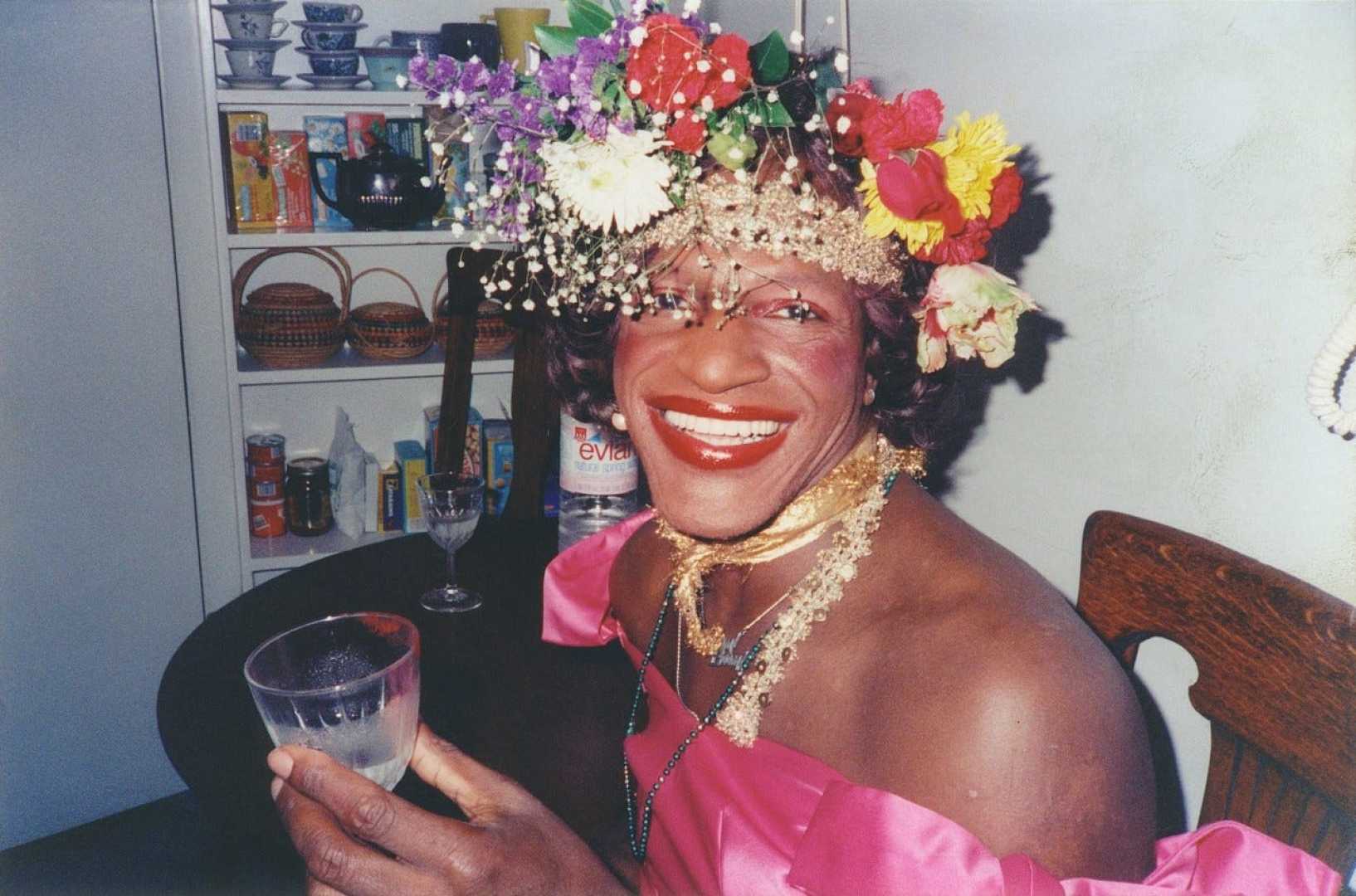News
Stonewall Anniversary Sparks Debate Over Trans Activist Contributions

NEW YORK CITY, New York — The Stonewall Uprising, a key event in the fight for LGBTQ+ rights, took place 56 years ago, igniting activism driven by notable transgender figures Marsha P. Johnson and Sylvia Rivera. The uprising began on June 28, 1969, when police raided the Stonewall Inn, a gay bar in Manhattan, prompting fierce resistance from the local LGBTQ+ community.
Johnson and Rivera became prominent leaders during the riots, although the extent of their involvement remains debated. Johnson has stated she arrived later to the protests but quickly became active, famously climbing a lamppost to drop a heavy object onto a police car. Rivera, who was 17 during the uprising, was present, but some historians challenge whether she participated on the first night. These discrepancies highlight longer historical narratives around Stonewall.
The aftermath of the riots saw the emergence of groups like the Gay Liberation Front (GLF), but internal divisions led to the formation of Street Transvestite Activists Revolutionaries (STAR). Both Johnson and Rivera founded STAR in 1970, advocating for transgender rights during a time when the term ‘transgender’ was not widely recognized.
“Activists like Johnson and Rivera were integral to being at the forefront of liberation,” said Vincent Stephens, an associate dean at Boston University. Although now recognized as pioneers within the movement, their contributions were not always embraced by other members of the LGBTQ+ community at the time. Many within the more mainstream queer communities often excluded transgender individuals from the broader fight for equality.
This year, Pride Month saw significant dialogue surrounding the erasure of transgender history, especially after the Trump administration’s removal of references to the trans community from the Stonewall National Monument’s website. Critics view this as a deliberate attempt to diminish the contributions of transgender activists in the fight for rights.
“The erasure cannot be viewed in isolation,” Bronski added. “It is vital to remember that the movement is ongoing and that the struggles transgender individuals face are intricately tied to the larger narrative of LGBTQ+ rights.”
The legacy of the Stonewall Uprising continues to evoke intense discussions about representation and advocacy. As activists reflect on this pivotal moment, they affirm the necessity of recognizing all voices in the movement, particularly those historically marginalized. “Every movement needs a moment, and Stonewall is that for the LGBTQ+ rights movement,” Bronski noted. “It serves as a reminder that advocacy is essential.”












